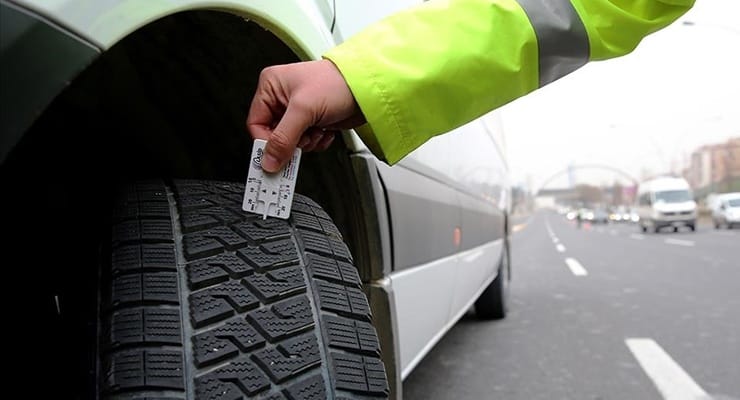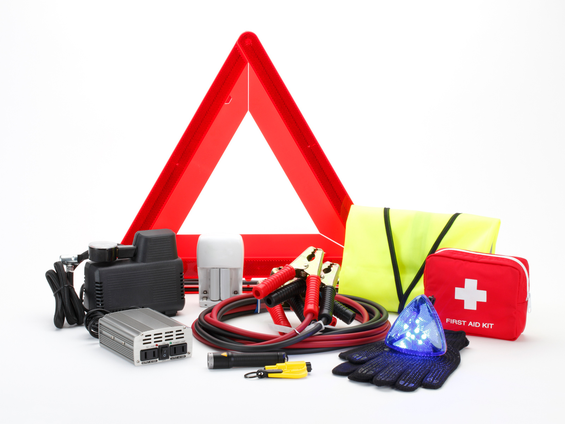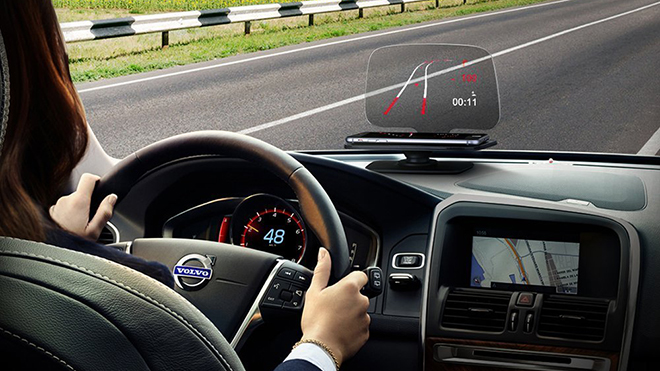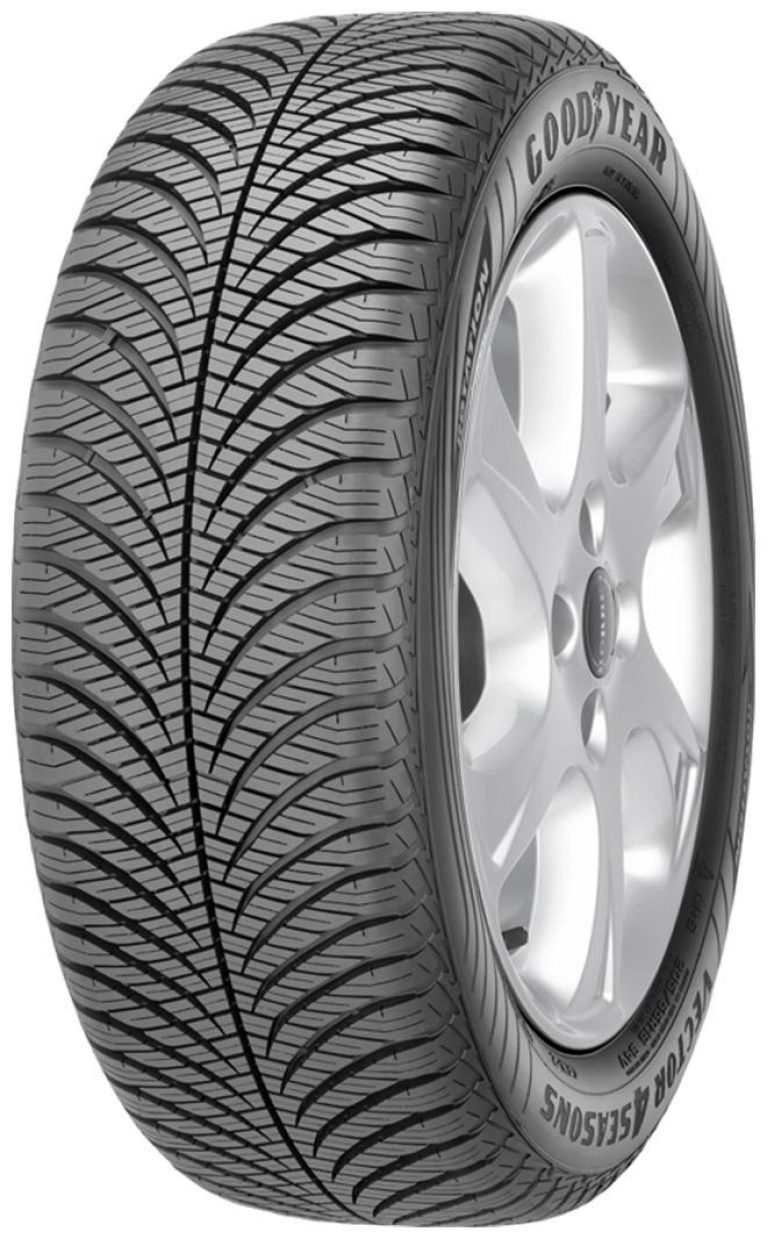10 Tips for First-Time Car Renters

Car rental agreements often contain complex legal terminology and many important clauses in small print. Critical information such as pickup and return times, additional driver fees, mileage limits, late return penalties, fuel policies, and deposit return conditions are all found in this document. Overlooking any of these can lead to unexpected extra charges and legal issues.
As you review the contract, annotate each section with questions like “What is the monthly mileage limit?”, “Which damages does the insurance cover?”, and “What are the exact conditions for a full deposit refund?”. Ask the rental agent for clear answers and get them in writing; if possible, add these clarifications as amendments to the contract before signing. This prevents disputes later and ensures peace of mind throughout your rental period.
Choose the Right Vehicle for Your Needs
The biggest mistake in vehicle selection is focusing solely on the lowest price. If you’re traveling with family or colleagues, prioritize trunk space, passenger capacity, and comfort. For long journeys, a diesel car can be more economical, while a small, agile car is easier to park and uses less fuel in city traffic.
If you’re considering an electric or hybrid vehicle, be sure to check for sufficient charging infrastructure along your route. Mapping out charging stations in advance will save you time on the road. Also, specify any technical features you need (automatic transmission, rearview camera, adaptive cruise control, etc.) to enhance safety and reduce driver fatigue.
Understand Insurance Coverage and Damage Waivers
Many renters rely on the “basic insurance” clause and skip add-ons like CDW/LDW. However, basic coverage only handles third-party liability; you remain fully responsible for any damage to the rental vehicle itself. Even a minor scratch or dent can result in a hefty repair bill.
CDW (Collision Damage Waiver) and LDW (Loss Damage Waiver) plans cover most accident-related repair costs, but certain items (glass, tires, undercarriage) may still fall to you. Review the fine print of your insurance policy to confirm which damages are included. Whenever possible, add extra glass-tire coverage and theft protection to minimize your risk.
Inspect the Vehicle Thoroughly at Pickup and Return
Use a detailed checklist when you pick up and return the car. Document every detail—exterior bodywork, tires, windows, interior upholstery, lights, mirrors, and onboard equipment—both visually and with photographs. Have the rental agent note all existing scratches and dents on the damage report.
Repeat the same inspection at return. Ensure the car is clean and returned with the same fuel level as at pickup, or you may incur additional cleaning or late return fees. Photo evidence and signed reports serve as your strongest proof in any post-rental disputes.
Clarify the Fuel Policy
The most common extra charge is for fuel service. The “full-to-full” policy is the most advantageous: you return the car with the same full tank you received. Options like “full-to-empty” or “same-level return” often incur additional service fees and premium per-liter rates.
Before returning the car, locate the cheapest stations on a map or app and refill the tank. If the return office is far, factor in the extra fuel cost for that distance. Having the fuel policy explicitly stated in your contract will prevent unwelcome surprises.
Plan for Additional Services and Equipment
Extras such as GPS, child seats, ski racks, bike carriers, and roof boxes are not included in the base price. GPS units typically cost €5–10 per day, child seats €8–12, and additional drivers €3–7 daily. Clarify your needs beforehand and add them to your reservation to avoid steep last-minute charges.
If possible, bring your own gear—foldable child seats or phone mounts can eliminate these extra costs. Also, watch for holiday promotions when rental firms may offer free equipment add-ons, helping you save even more.
Learn Late Return and Early Drop-Off Terms
Rental periods are calculated by the hour; even a few minutes past your return time can be billed as a full extra day. Late return fees can be 25–50% above the daily rate. Early returns rarely trigger refunds and some companies may even charge an early return penalty.
Choose providers offering “flexible return” or a 2–4 hour grace period to protect against flight or travel delays. Alternatively, register with platforms that allow automatic extensions to avoid penalties for slight delays.
Review Airport and Special Location Fees
Offices at airports, remote branches, or cross-border returns typically incur a location surcharge of €10–30. Opting for a downtown location when booking can reduce or eliminate this fee.
If your flight is rescheduled, inform the rental company immediately; changing your drop-off location last-minute can incur significant extra costs. Selecting the “same location return” option and updating your address promptly keeps your invoice under control.
Compare Prices and Promotions Before Booking
Prices for the same vehicle model vary across third-party portals and direct rental sites. Early booking discounts, loyalty program benefits, and promo codes can lower costs. Pay attention to weekday versus weekend rates and seasonal demand to maximize savings.
Subscribe to rental companies’ newsletters for exclusive coupons, and use mobile app bookings or partnered credit cards to secure additional 5–10% discounts.
Research Company Reliability and Read Reviews
The cheapest option isn’t always the safest. Licensed global or established local firms with strong customer support and extensive branch networks offer greater peace of mind. Read Google, Trustpilot, or forum reviews to learn from others’ experiences.
Responsive customer service and emergency assistance make the biggest difference during accidents or breakdowns. Evaluating complaint resolution processes in advance increases your chances of a swift solution to any unexpected issue.











